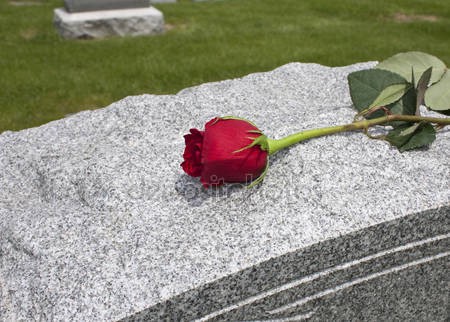This week was my father’s birthday. He would have been 68. Growing up, I was always sensitive about his age. My dad was 42 when my twin sister and I were born. Even in elementary school, I was aware that he was older than my friends’ fathers. I equated being older with being sicker, which wasn’t necessarily true, until he was diagnosed with leukemia when I was 17. He battled his illness for just over five years, and passed away during my junior year of college.
March 5, 2017 marks the third anniversary of my father’s passing. The fact that three years have gone by is baffling. Part of me is shocked that I have made it this far without him. In the near three year period, I have graduated from Princeton, moved back to NYC, and started my first full-time job as a college counselor at a high school.
Though my life has changed greatly in these three years, grief has warped my sense of time. On the one hand, I feel as though I haven’t spoken to my father in a decade. I can’t remember the last full conversation we had. I am slowly forgetting the sound of his deep-belly laugh and what it was like to be able to call him whenever I wanted with minor updates.
On the other hand, the grief itself still feels raw and new. I haven’t gotten used to the comparative emptiness in my house now that he is no longer there. His photographs hang on the walls of our apartment as reminders of both his once powerful presence and his now irreversible absence.
With the anniversary of his death looming, I have been contemplating how my grief has evolved over the years. My sister and other family members agree that something in our perspectives and behavior have changed, but what and how? First, our grief is less ritualistic as it was in the beginning. At first there was the funeral, the eulogies, and the shiva calls, a Jewish tradition where friends and family gathered at our home, offering food and memories. For the first eleven months, I recited the Mourner’s Kaddish. The prayer is believed to help elevate the soul to heaven.
Having rituals gave structure to our mourning; there was a “proper” way to grieve and honor my dad’s life. It was okay to wear somber clothes and cry in public. But what happens in the second year, and third? It is no longer socially acceptable to speak of death as constantly. Doing so is considered “complicated grief”, a form of mental instability. Friends stop checking in. You are expected to return to your job and former responsibilities, as though the biggest event in your life has not happened at all.
Nonetheless, some aspects of grief are easier now that more time has elapsed. I can watch videos of my dad on YouTube without tearing up. The photographs on the walls bring comfort, when in the past they brought pain. It is easier to speak with my friends about the man my father was, rather than dwell on his cancer and our family’s experiences in his final days.
Three years ago, a wise professor and friend told me that grief would feel different in time. “The feelings won’t always be so intense or constant.” This description was astute and consoling when she said it, and remains true today. The despair is no longer as unbearable, the sorrow no longer as persistent. “Yes, of course you miss him. But you’ll never lose him,” she reminded me, “Not even when you feel better. And that’s the good news.”
Originally published at medium.com


